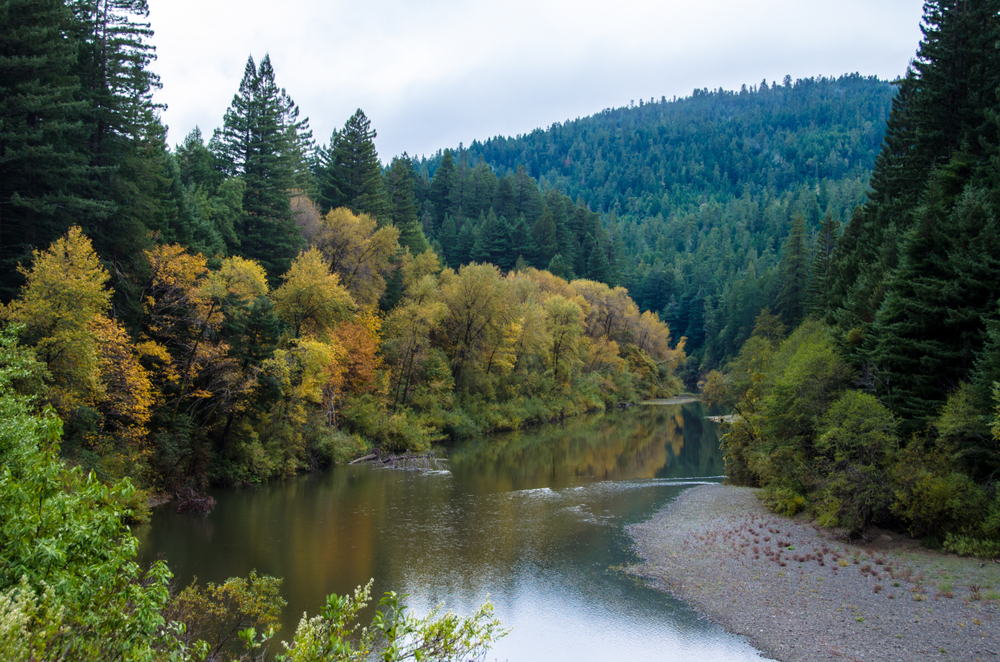We interviewed Anne Monier, Research fellow at ESSEC, France, on her work with climate change and reducing consumption.
Can you describe your research a bit as it pertains to the environment and climate issues?
My research project, that was launched in 2020, aims at understanding how the European philanthropic sector is taking up the fight against climate change and the way foundations are considering environmental issues in their daily work. While, in some countries, foundations have created coalitions of foundations for climate (UK, France, Spain), there are still very few foundations that consider environmental issues as a priority. Yet climate change is impacting everyone everywhere. It is important to see how it is a global issue, but also a systemic issue. Even for foundations working to fight poverty or supporting the arts, integrating environmental issues is key.
You have said that reducing consumption is the way to climate change improvement, can you talk about that?
Well, in my research, I see that there are different views of what the environmental transition should look like. A transition means going from a system A to a system B. But what we have to think about is: what is the society that we want for the future? Some academic research shows that capitalism (which relies on an extractive economy and accumulation), but also growth can be considered as obstacles to a sustainable future, which means we have to think about post-growth. Post-growth means reducing our consumption, or more precisely consuming differently. We have to take into account the resources that we have on Earth and not deplete them. But it does not mean that the future will be doom: on the contrary, life will be happier in a post-growth society.
What are things people can do to reduce consumption without reducing life quality?
We should rethink the way we consume every day, knowing that resources are limited. We have the incredible chance to be on a planet with so many wonderful natural resources and landscapes. If we want to keep it that way (with beautiful trees, fresh water, dolphins and bees etc.), we have to be careful. I think consuming less means buying less, recycling, exchanging, borrowing, repairing, and using less. For example, renting clothes instead of buying, putting on a sweatshirt instead of turning on the heat on early in the year, repairing a phone when it’s broken instead of buying a new one, re-using the water to wash our teeth to water the plants – little things like that. Then of course, restoring buildings to make them more energy-efficient, using a bike to go to work instead of the car, flying as little as possible, not eating meat or buying local organic food. All these changes have a lot of co-benefits: when you bike or eat organic food, your health improves; when you exchange clothes, you meet new people and make friends; when you repair a phone, you learn new skills. The quality of our lives will improve, as we dive into this new model. Even if it means owning fewer material things, our wellbeing will improve. I am not saying this will be easy: it is very hard to change our practices and mindsets, but I think it is worth it.
Could you talk about the research you have seen on these topics?
Everything I mentioned above has been well studied by academic research. There is research on the logic of a circular economy, the impact of not eating meat on carbon emissions, etc. When we talk about climate change in academic research, people think about physics, chemistry, biology. But humanities and social sciences are also key to show that humans are a big part of the problem but also of the solution. Changing our societies is key for a happier and healthier life for humans and for our planet.
I have heard that people would be happier if they lived in smaller houses, took longer vacations, worked less, and spent more time with family and friends. Working less might mean earning less money but they might actually be happier. Do you have any opinion on this?
Yes, there is a belief that if we earn less money, we will be miserable. But it is not true. The happiest countries are not the wealthiest ones. Of course, it is important to have enough money to be able to live, but research shows that the money necessary to live happily is actually less than we think. What makes people happy is the quality of their life: it is about having time to enjoy life, working less, having meaningful social connection with family and friends. Climate change is very scary, but I think it can be a wonderful opportunity to create a world where humans will be happier and more fulfilled than in the very materialistic world we live in.
About Anne Monier
An Ecole Normale Supérieure Alumna, Anne Monier is a researcher at the ESSEC Philanthropy Chair and a Visiting Scholar at the Environmental Change Institute, Oxford University. She is a specialist of philanthropy and has published two books on the topic: Nos chers Amis Américains (PUF 2019) and Philanthropes en démocratie (with Sylvain Lefèvre) (PUF 2021), as well as several academic articles. She teaches at Sciences Po’s School of Public Affairs. She is now conducting research on environmental philanthropy in Europe.

